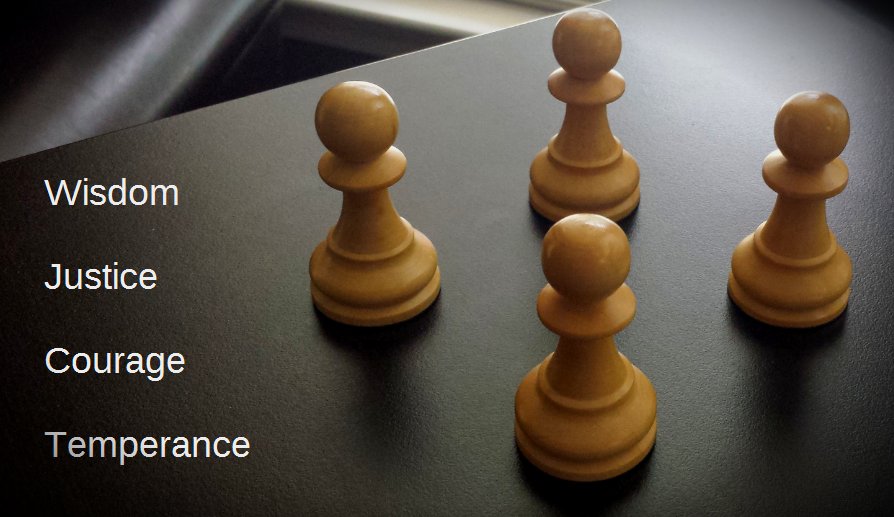
If you discover in human life something better than justice, truth, self-control, courage - in short, something better than the self-sufficiency of your own mind which keeps you acting in accord with true reason and accepts your inheritance of fate in all outside your choice: if, as I say, you can see something better than this, then turn to it with all your heart and enjoy this prime good you have found. But if nothing is shown to be better than the very god that is seated in you, which has brought all your own impulses under its control, which scrutinizes your thoughts, which has withdrawn itself, as Socrates used to say, from all inducements of the senses, which has subordinated itself to the gods and takes care for men - if you find all else by comparison with this small and paltry, then give no room to anything else: once turned and inclined to any alternative, you will struggle thereafter to restore the primacy of that good which is yours and yours alone. Because it is not right that the rational and social good should be rivalled by anything of a different order, for example the praise of the many, or power, or wealth, or the enjoyment of pleasure. All these things may seem to suit for a little while, but they can suddenly take control and carry you away. So you, I repeat, must simply and freely choose the better and hold to it. 'But better is what benefits.' If to your benefit as a rational being, adopt it: but if simply to your benefit as an animal, reject it, and stick to your judgement without fanfare. Only make sure that your scrutiny is sound.
The four virtues, as Marcus notes here are:
- justice
- truth (wisdom)
- self-control (temperance)
- courage
Practicing and living these virtues is how you find contentment and happiness.
Furthermore, practicing the three Stoic disciplines, where are:
- self-sufficiency of your mind (discipline of assent)
- act in accord with true reason (discipline of action)
- accept your inheritance of fate (discipline of desire)
will bring you contentment and happiness.
Marcus boldly tells himself, if he can find anything better than these virtues and disciplines, he should turn to it with all his heart. But if nothing is better than the god within, which has controlled his impulses and which has helped him scrutinize (examine or inspect closely and thoroughly) his thoughts and has helped him "take care of men", then he should not give any room for other philosophies.
He says it isn't right that rational and social good should be "rivaled" by any different order - such as vanity, power, prestige, money and pleasure. All these pursuits may bring short-term happiness and joy, but ultimately they control you and carry you away to a place that ends in dejection and a life of emptiness. (This is why Stoicism wins over
Hedonism).
Arriving at this conclusion, what is left? To "simply" and "freely choose the better and hold to it."
(See also Citadel pp. 124, 179, 186, 237-238, 242, 265)


No comments:
Post a Comment